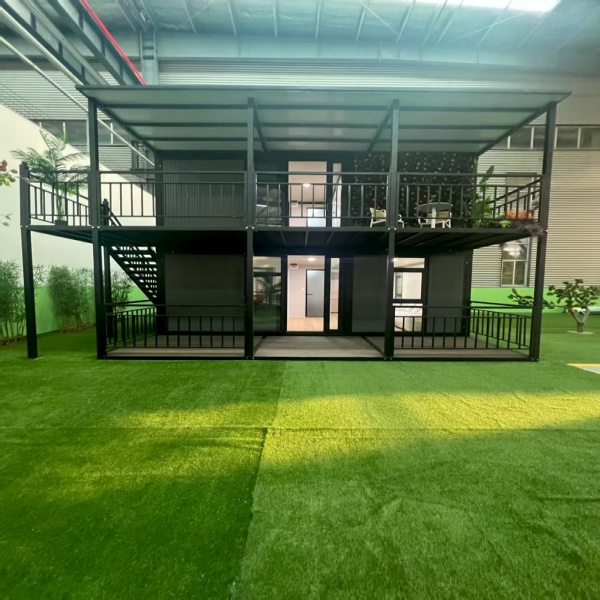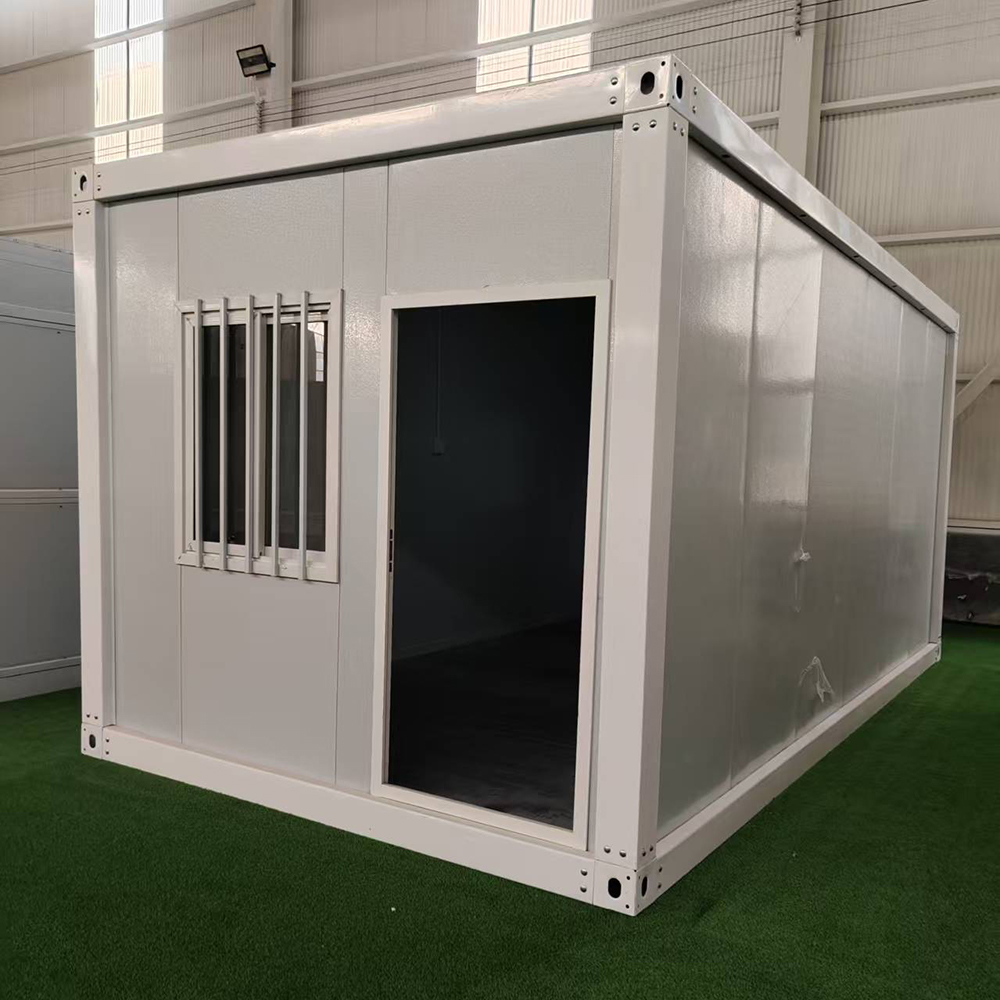-
E-mail
Austin120521@outlook.com -
E-mail
sales@jujiuhouse.com -
Telephone
+86-17864099991 -
Telephone
+86-17854044442
- Chinese
- French
- German
- Portuguese
- Spanish
- Russian
- Japanese
- Korean
- Arabic
- Irish
- Greek
- Turkish
- Italian
- Danish
- Romanian
- Indonesian
- Czech
- Afrikaans
- Swedish
- Polish
- Basque
- Catalan
- Esperanto
- Hindi
- Lao
- Albanian
- Amharic
- Armenian
- Azerbaijani
- Belarusian
- Bengali
- Bosnian
- Bulgarian
- Cebuano
- Chichewa
- Corsican
- Croatian
- Dutch
- Estonian
- Filipino
- Finnish
- Frisian
- Galician
- Georgian
- Gujarati
- Haitian
- Hausa
- Hawaiian
- Hebrew
- Hmong
- Hungarian
- Icelandic
- Igbo
- Javanese
- Kannada
- Kazakh
- Khmer
- Kurdish
- Kyrgyz
- Latin
- Latvian
- Lithuanian
- Luxembou..
- Macedonian
- Malagasy
- Malay
- Malayalam
- Maltese
- Maori
- Marathi
- Mongolian
- Burmese
- Nepali
- Norwegian
- Pashto
- Persian
- Punjabi
- Serbian
- Sesotho
- Sinhala
- Slovak
- Slovenian
- Somali
- Samoan
- Scots Gaelic
- Shona
- Sindhi
- Sundanese
- Swahili
- Tajik
- Tamil
- Telugu
- Thai
- Ukrainian
- Urdu
- Uzbek
- Vietnamese
- Welsh
- Xhosa
- Yiddish
- Yoruba
- Zulu
- Kinyarwanda
- Tatar
- Oriya
- Turkmen
- Uyghur

China container home fold out
Exploring the Potential of China Container Fold Out Homes
There's been a growing buzz around the concept of fold-out homes from China, intriguing industry veterans and novices alike. As an emerging trend, its appeal lies in its promise of efficient, flexible, and cost-effective housing solutions. Let's dive into the reasons these structures are gaining traction, the nuances I've observed in practice, and some pitfalls to avoid when opting for such innovative housing.
Understanding the Concept of Fold Out Homes
When we talk about fold-out homes, we're essentially discussing a type of modular housing that can be compactly transported and then expanded on-site, often resembling the shipping containers we see at docks. These homes are particularly popular in China, where industrial know-how meets practical housing solutions. From my experience, a significant advantage is their portability and quick setup—ideal for remote locations or emergency situations.
However, a common misconception is that these homes compromise on comfort or quality. In reality, firms like Shandong Jujiu Integrated Housing Co., Ltd., a prominent player in the field, are pushing the boundaries of design and functionality—providing robust, customizable interiors that rival more traditional builds. This is reflected in their comprehensive approach to R&D, design, and installation.
One case I'm particularly fond of involved a project set in a dense urban area where space was a premium. Employing a folding container setup reduced the initial footprint during installation, minimizing disturbance to the neighborhood, and unfolded into a spacious living area.
The Role of Design and Structure Optimization
A big consideration with these container homes is the structural integrity—especially when subjected to varied climates. In my practice, collaborations with seasoned engineers have been crucial. Ensuring these units withstand adverse conditions like heavy snowfall or intense wind is essential.
Companies like Shandong Jujiu invest heavily in technology, optimizing steel structures to ensure safety without sacrificing flexibility. This emphasis on rigorous testing and quality assurance is perhaps why clients trust these innovative housing solutions—a testament to Jujiu’s stellar reputation in the integrated housing industry.
Still, not every project is seamless. I've faced challenges, particularly when integrating local materials due to availability issues or regulatory constraints. These instances highlight the importance of thorough pre-planning and strong supplier relationships.
Cost Implications and Economic Benefits
From a budgetary standpoint, fold-out homes present a mixed bag. While initial costs can be appealing, especially when compared to traditional construction, it’s essential to consider the long-term implications. Operational costs, modifications, and maintenance can influence the overall financial picture.
For businesses considering such investments, it’s wise to weigh these against potential savings in transport and assembly. Clients have shared with me their appreciations of the swift ROI made possible through reduced labor costs and expedited project timelines.
The role of companies like Shandong Jujiu cannot be understated here. Their extensive network and experience in container home production streamline many of the logistical headaches smaller firms might encounter. It's about leveraging an established infrastructure to achieve cost efficiencies.
Case Studies in Practical Applications
I've witnessed different applications of fold-out homes, ranging from temporary housing in disaster-struck areas to permanent residences in urban settings with limited space. Each has offered unique insights into its practicality.
One memorable project involved a rapid deployment scenario post-natural disaster. The speed and ease of installation of fold-out homes provided immediate shelter solutions, showcasing their unmatched utility in crisis scenarios—something that's tough to replicate with conventional builds.
And yet, not all implementations are without hurdles. One particular build faced setbacks with local regulations demanding modifications, delaying the project. It underscored for me the importance of familiarizing oneself with regional compliance requirements beforehand.
The Future of Container Fold Out Homes
Looking ahead, the potential of China container homes appears boundless, yet the pioneering firms will need to continually adapt and innovate. As more entities like Shandong Jujiu embrace sustainable practices and smart technology integration, these homes will likely become even more attractive.
However, it’s imperative for stakeholders to remain vigilant about maintaining quality standards while exploring new markets. Shandong Jujiu’s efforts in integrating cutting-edge techniques into their designs are commendable and set a benchmark others could emulate.
Ultimately, whether for temporary accommodations or long-term solutions, fold-out homes are here to stay. Their adaptability, when executed well, redefines living spaces, offering a glimpse into a more resilient, flexible future.
Related products
Related products
Best selling products
Best selling products-
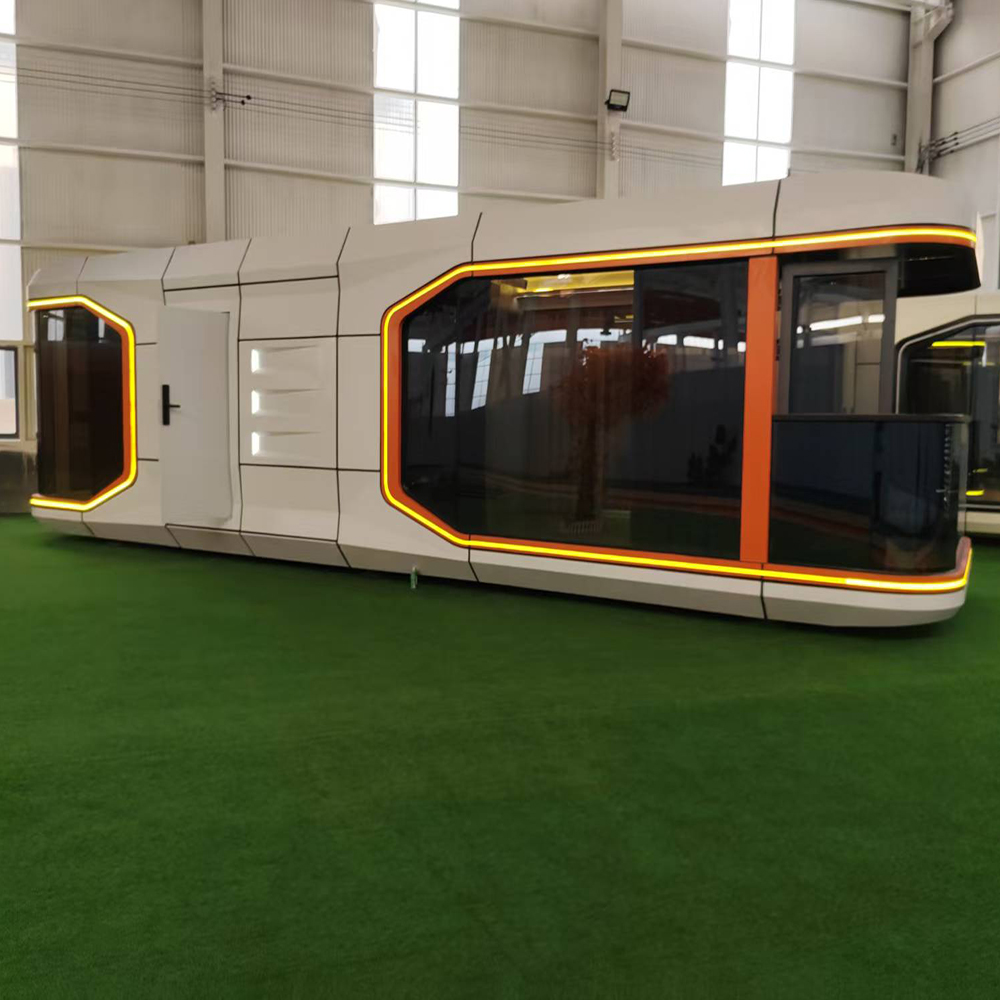 Standard Modern Camping Pod Space Prefabricated Portable Mobile Capsule Room Hotel Bathroom Prefabricated Spaceship House
Standard Modern Camping Pod Space Prefabricated Portable Mobile Capsule Room Hotel Bathroom Prefabricated Spaceship House -
 Factory Direct Sales Office Folding Container Luxury House Living Container House
Factory Direct Sales Office Folding Container Luxury House Living Container House -
 Waterproof folding container house – mobile accommodation for campsites/scenic spots
Waterproof folding container house – mobile accommodation for campsites/scenic spots -
 Luxury Foldable Two Story Container House for Glamping Resort and Villa Hotel
Luxury Foldable Two Story Container House for Glamping Resort and Villa Hotel -
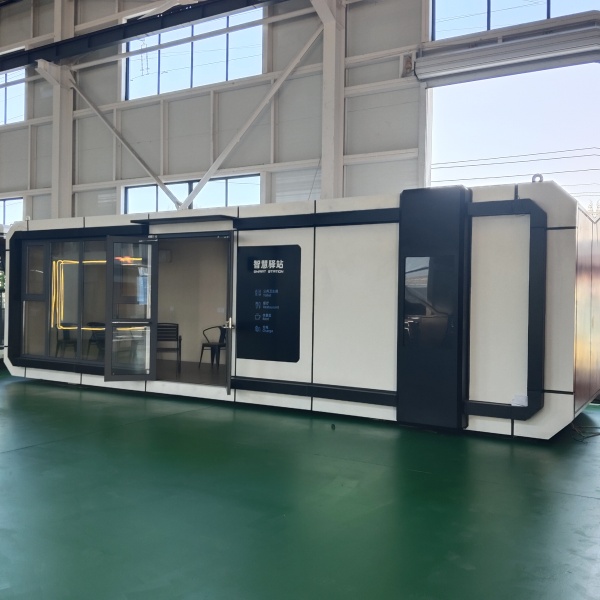 Modular modern movable apple cabins, customized high-end folk houses and portable bedrooms, delivered as a whole
Modular modern movable apple cabins, customized high-end folk houses and portable bedrooms, delivered as a whole -
 Hot-selling foldable container houses, expandable prefabricated houses, suitable for office or living use, with fast delivery.
Hot-selling foldable container houses, expandable prefabricated houses, suitable for office or living use, with fast delivery. -
 Customized Expandable Container House Holiday Home Folding Prefab Container House with Bathroom and Kitchen
Customized Expandable Container House Holiday Home Folding Prefab Container House with Bathroom and Kitchen -
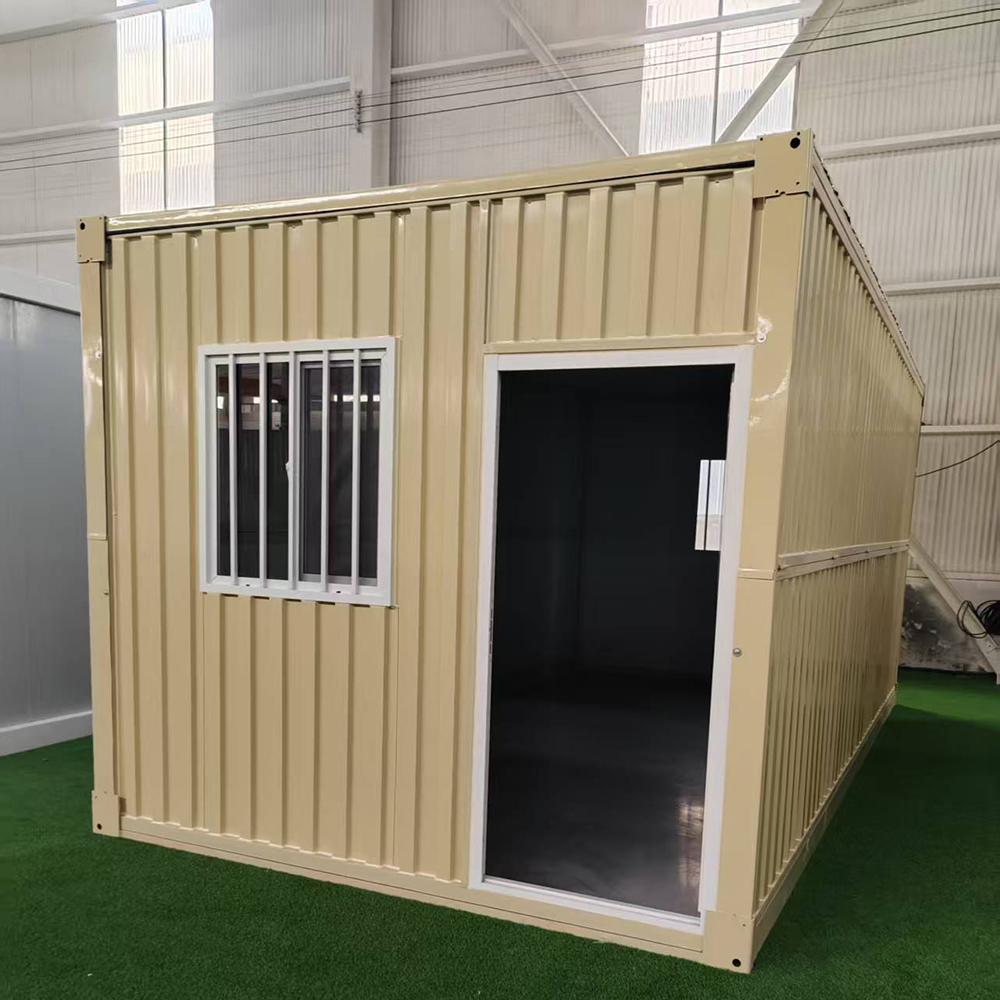 Competitive Price Portable Container House Foldable Container Mobile Living Modular Homes
Competitive Price Portable Container House Foldable Container Mobile Living Modular Homes -
Two Wing Folding Expandable Container House
-
 Dual-Wing Folding Container House: Fast Assembly, Space-Saving & Multi-Scene Adaptable
Dual-Wing Folding Container House: Fast Assembly, Space-Saving & Multi-Scene Adaptable -
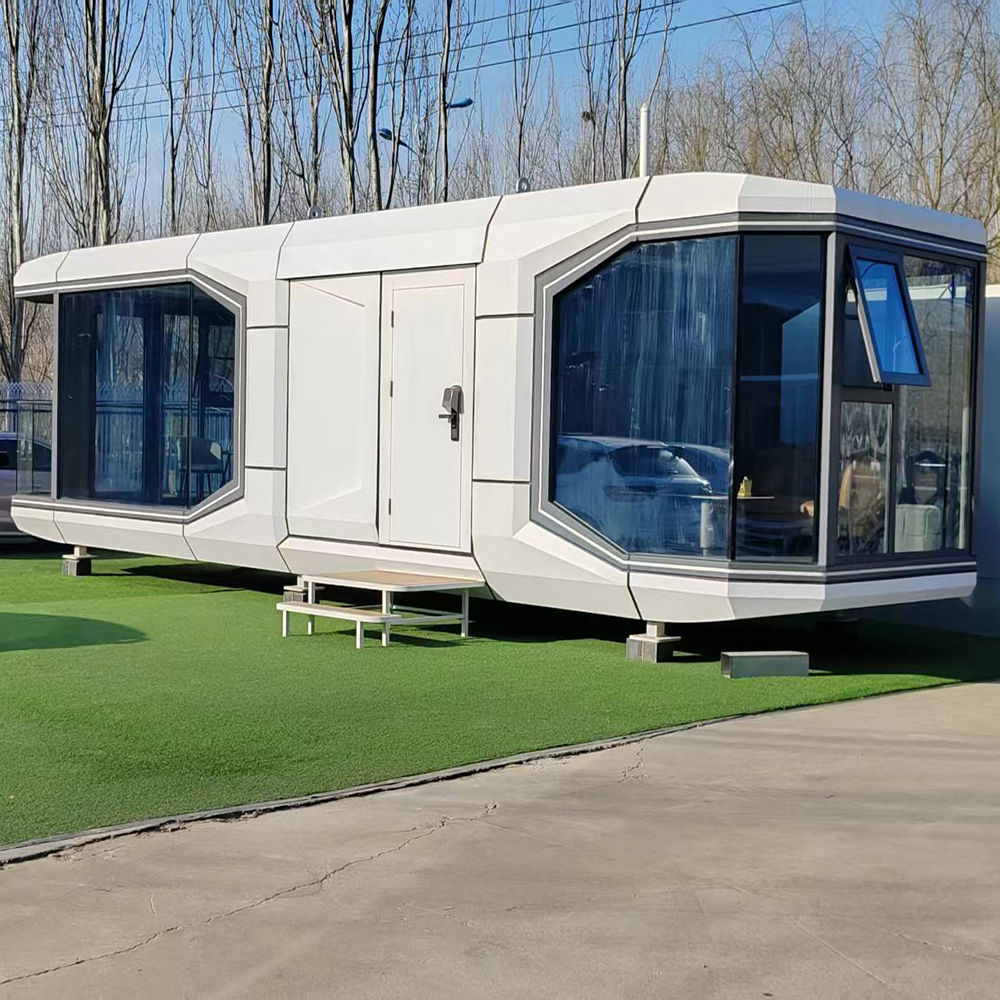 Luxury High Quality 2 Bedroom Container Home Prefabricated Steel Space Capsule for Office Shop Hotel or Outdoor House
Luxury High Quality 2 Bedroom Container Home Prefabricated Steel Space Capsule for Office Shop Hotel or Outdoor House -
 Customized Two Wing Folding Expandable Container House
Customized Two Wing Folding Expandable Container House
Related search
Related search- fold out container house
- space house capsule
- fold up container house
- China tiny house
- Folding house
- China 20ft expandable container house
- Buy relocatable shipping container home expandable granny flat portable tiny house
- apple ridge cabin broken bow ok
- Buy alibaba expandable container house
- modular container expandable prefabricated house











